At one uncharacteristically low-key point in Sunday’s Poldark — back for a third series on BBC1 — Ross (Aidan Turner) left off the brooding and cliff-top galloping for a while to review his finances. They were, his genial banker Harris Pascoe told him, in good shape. Hearing that Ross’s marriage was going through one of its happier phases too, Harris then turned even more reassuring. ‘What could possibly go wrong?’ he concluded with a cheerful smile.
Which just goes to show that Harris Pascoe must never have seen Poldark — because the answer to his question was, of course, ‘Almost everything’. Ross’s wife Demelza could, for example, be summoned, along with her cleavage, to attend her estranged father who lay in bed dying — or ‘a-dying’ as she duly preferred to call it. Ross could also arrange a secret marriage between Caroline Penvenen and Dr Enys, only for both to be dramatically called away on their wedding night: she, to her beloved guardian who was doing some a-dying himself; he, to help Elizabeth Warleggan deliver a baby that we and Ross know is Ross’s rather than horrible husband George’s.
Ross’s initial response to the birth was essentially threefold. He downed a series of port shots, went sprinting along the coastline (presumably, in his anguish he’d forgotten his horse) and finally headed up to George’s place to spy through the windows. Luckily for us and our entertainment, he arrived just as Aunt Agatha was going into mad-old-crone overdrive.
The baby, you see, had been born on the night of a black moon, causing Agatha to cry, ‘’Tis a bad omen, mark my words!’ (If you wanted to turn Poldark into a drinking game with some port shots of your own, I’d recommend taking a slug every time a sentence begins with ‘’Tis’ — as well as whenever anyone uses ‘be’ instead of ‘is’, or reverses normal word order.) She then offered George some slightly more specific information: ‘That child of yours! Cursed he be!’ (An impressive two slugs in three words.)
George, though, had other things on his mind. For a start, he had to confirm his all-round ghastliness by remaining entirely indifferent to his wife’s postpartum state. He also had to give a masterclass in dramatic irony by talking endlessly about his new ‘son and heir’ and proudly noting the baby’s unmistakable resemblance to himself.
In some shows, this might have been enough for an opening episode. But not, needless to say, for Poldark (possible motto: Never Knowingly Understated), which still had plenty of implausible twists up its sleeve. We met several new characters too, most of them introduced with the question ‘Who be this, then?’ — and at least one of whom looks set to be involved at some stage in a serious brood-off with Ross. We’ve even had the beginnings of a whole new romance between two of the newbies: Demelza’s brother Drake — who, it seems, will soon be taking over the main torso-baring duties — and a governess called Morwenna. ‘’Tis a lilting, musical name,’ a smitten Drake observed on their first meeting.
By all known criteria, Poldark is what we critics call a pile of old tosh. And yet, somehow that doesn’t stop it from being undeniable if distinctly bonkers fun. ’Tis good news, in other words, that back it be.
ITV’s new drama series Fearless isn’t short of incident either. The main character Emma (Helen McCrory) is a human-rights lawyer who on Monday managed to overturn the conviction of a man who’d spent 14 years in prison for killing a teenage girl. In between times, she visited another of the week’s dying fathers, had flashbacks to some sort of childhood trauma at Greenham Common, smoked heavily, sought to foster a child, and sheltered the wife and son of a Syrian refugee whom the authorities suspect of terrorism.
Fearless is written by Patrick Harbinson who, somewhat improbably, cut his teeth on Heartbeat, before moving to Hollywood and the more glamorous likes of 24 and Homeland. Here, fortunately, it’s his American shows that are an obvious influence — both in the efficient pacing and in the way the various plot strands are intriguingly coming together. The dead girl, it appears, was killed at a US airbase and the British and American intelligence services are mysteriously keen on having the original verdict upheld.
The result looks like being a classy and dark paranoid political thriller — but also, perhaps, an unluckily timed one. When the series was filmed, it must have seemed a good idea to portray the secret services as sinister invaders of privacy and the state as a ruthless protector of its own skin. Now, I imagine that most viewers wouldn’t mind if the privacy invasion was cranked up a bit more — and would much rather see the state portrayed as a benevolent protector of our skins.
Got something to add? Join the discussion and comment below.
Get 10 issues for just $10
Subscribe to The Spectator Australia today for the next 10 magazine issues, plus full online access, for just $10.
You might disagree with half of it, but you’ll enjoy reading all of it. Try your first month for free, then just $2 a week for the remainder of your first year.

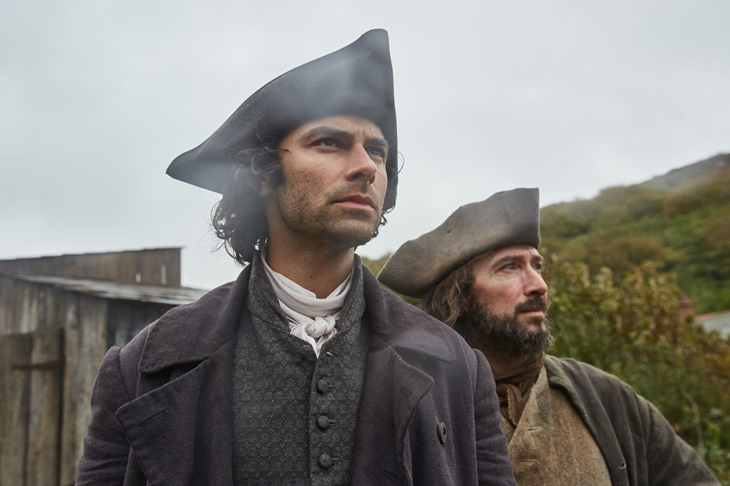

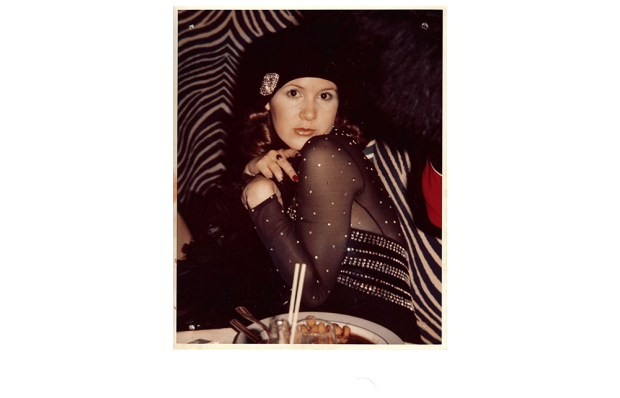
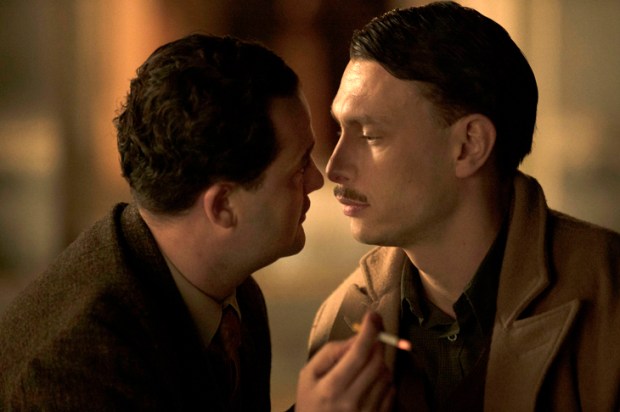
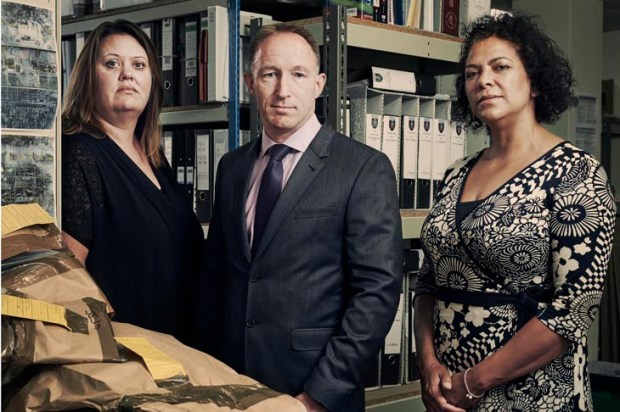

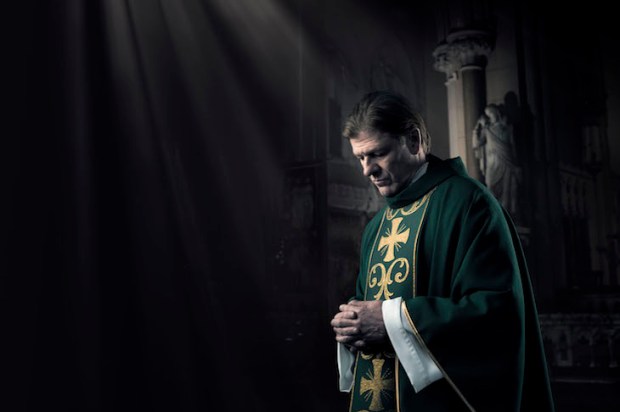






Comments
Don't miss out
Join the conversation with other Spectator Australia readers. Subscribe to leave a comment.
SUBSCRIBEAlready a subscriber? Log in